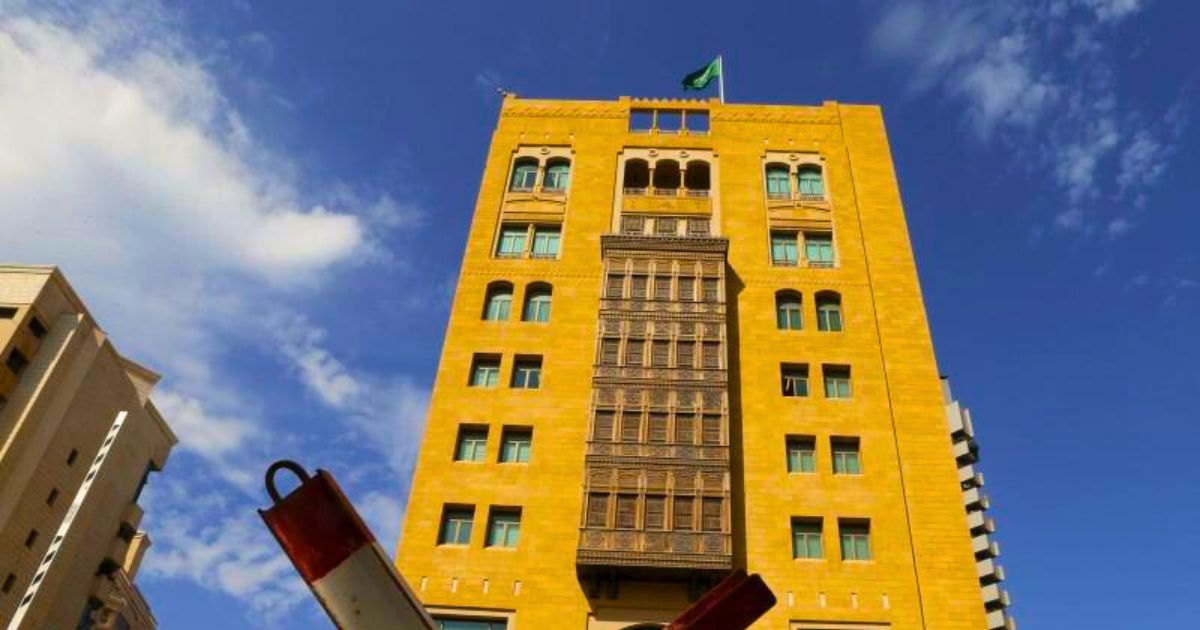In the latest of a series of reforms being carried out as part of its Vision 2030, Saudi Arabia has just announced an initiative that will ease working and living conditions for millions of expatriates in the Saudi Kingdom.
On Wednesday, the Saudi Ministry of Human Resources and Social Development launched the “Labor Reform Initiative” that will “enhance the contractual relationship between workers and employers.”
The initiative will give all private-sector foreign workers the freedom of job mobility upon the end of a contract, the right to exit and re-enter the country as pleased, and the ability to secure final exit visas at the end of employment – all without the approval of a sponsor.
The initiative will be effective as of March 14th, 2021, and is estimated to benefit around 10 million foreign workers, including the many Lebanese who reside and work in Saudi Arabia.
According to Saudi Gazette, the new law will allow expatriates (iqama holders) to enjoy several privileges that only citizens had, including owning real estate, renting out properties, educational and health services, and more.
“The initiative contributes to improving expatriates’ working conditions by raising their satisfaction, protecting their rights, increasing their productivity in the labor market, as well as the Kingdom’s competitiveness in attracting global talent,” writes the Saudi newspaper.
Many have previously hailed the initiative’s role in abolishing kafala, which doesn’t seem to be the case.
While the initiative will remove some elements of the notorious kafala (sponsorship) system that had been applied for over 7 decades, it is not the full abolishment of the system.
Additionally, according to Human Rights Watch researcher Rothna Begum, the reforms don’t even apply to migrant domestic workers.
However, with that being said, it’s worth noting that the Ministry of Human Resources and Social Development said this initiative “applies to all expatriate workers in the private sector” but failed to go into further detail that would help determine how serious the reform is on kafala.
If it does not apply to domestic migrant workers, then the country has a long way to go – as does Lebanon, which recently backtracked on its step towards ending the exploitative kafala system.














